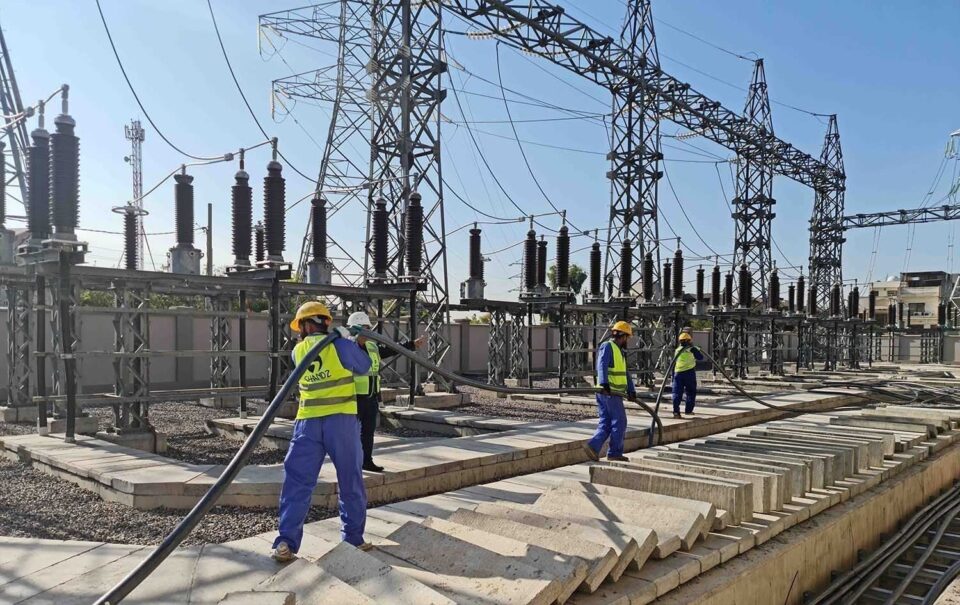Kurdish government aims to boost power supply amid growing demand
The Kurdistan Region has opened its doors to foreign companies to invest in the electricity sector. Several companies from various countries are ready to work in this field, and the Kurdistan Regional Government (KRG) has taken important steps domestically to increase electricity production.
The need for electricity rises as summer approaches in Kurdistan. To boost Kurdistan’s electrical supply, the KRG has been working on a number of fronts. One strategy is to enable access to services in this industry for foreign investment. Increasing the availability of electricity is facilitated by building more dams, which fortify the infrastructure for household power.
Dr. Karwan Sabah Hawrami, General Director of Water Resources in Kurdistan, told Kurdish Globe: “Certainly, the construction of dams and utilization of water as an energy source will be very helpful in increasing electricity supply in Kurdistan. For this purpose, many dams have been constructed during the ninth cabinet of the KRG, which can become good sources of electricity in the future.”
Significantly, the KRG has made investments in the electrical industry more accessible to international businesses. The manager of TBEA, a Chinese firm that is the largest transformer producer and the third-largest power provider in China, recently visited Kurdistan to present plans for implementing projects in the electrical sector as part of the government’s efforts to prioritize electricity. The company obtains loans from major Chinese banks and uses them to construct projects in power generation and transmission through renewable energy sources.
“The company manager expressed readiness to partner with local companies in Kurdistan to provide transformers, cables, and electricity supplies,” says Omid Ahmed, a spokesman for the Ministry of Electricity. Additionally, he said that he was willing to perform unpaid research for solar power producing projects in the mountains.”
He added: “The Kurdistan Minister of Electricity showed the ministry’s readiness to cooperate and facilitate the company’s projects in Kurdistan’s electricity sector and presented the ministry’s program to encourage and attract major electricity companies and open their branches in the Kurdistan Region.”
It’s worth noting that the KRG has announced that in recent years, many international companies have come to the region to implement projects in various electricity sectors.
Regarding the current electricity production in Kurdistan, Omid Ahmed, spokesperson for the Kurdistan Ministry of Electricity, states that 10 to 12 hours of national electricity is provided to citizens daily. He says, “The demand for national electricity in this season is higher than production.”
From the end of August to the beginning of September, there is a spike in the country’s need for electricity. Demand currently exceeds 5500 megawatts, but production is just 3500 megawatts.
He also said, “Currently, 10 to 12 hours of national electricity is provided to citizens daily, and at the same time, the amount of fuel provided is limited.”
In addition to the significant steps the government has taken to provide electricity, many individuals and businesses are now employing solar energy, with a significant percentage of Kurdistan utilizing it in their homes. Kurdistan’s electricity supply is not entirely derived from one source; refineries, big steam engines, and water sources in Dukan and Darbandikhan all contribute to the country’s electrical output. Kurdistan’s need for electricity will only grow in the future.

